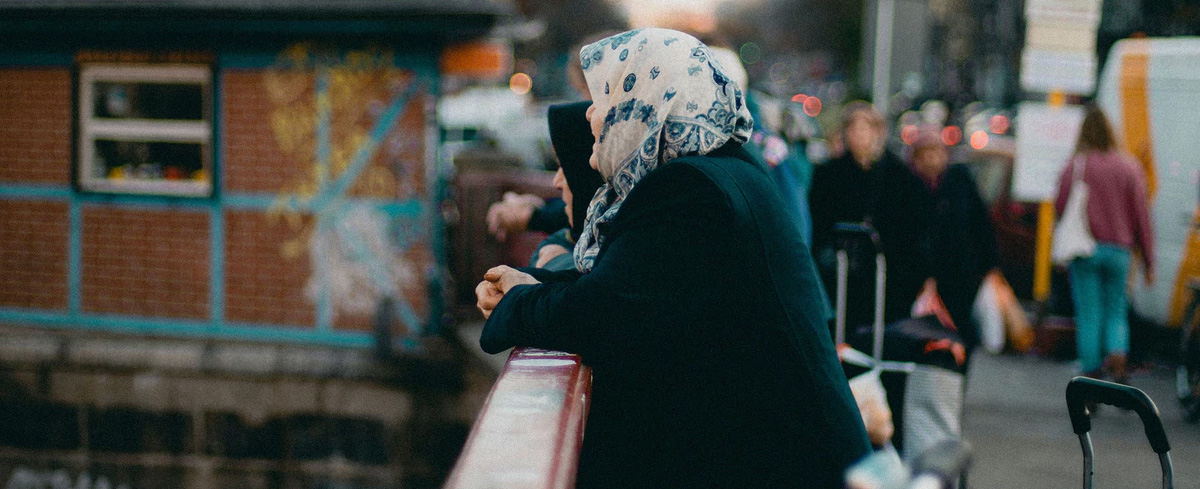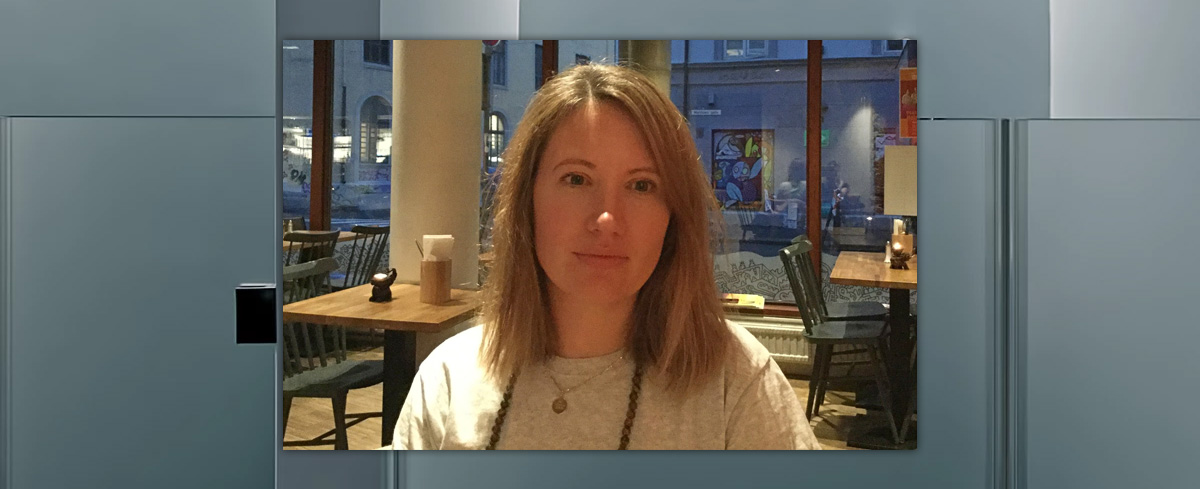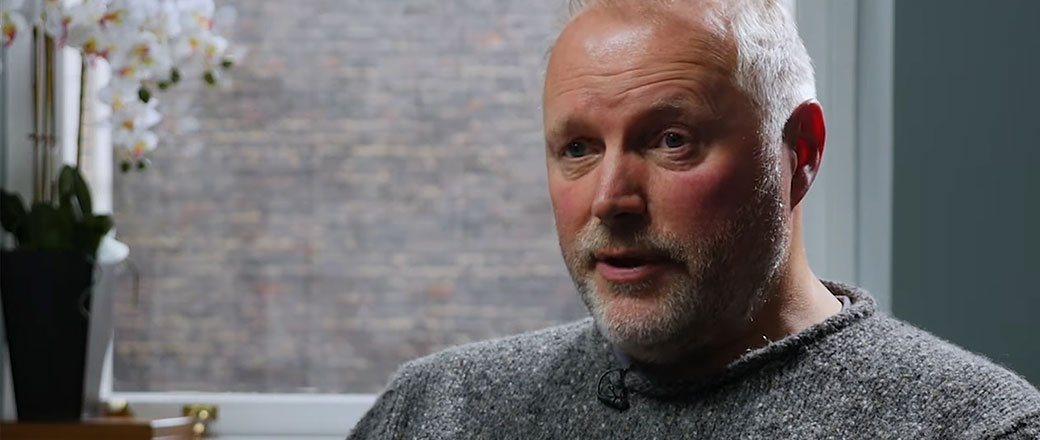I am currently reading a short history of France. A great book. When you look at how fundamental the Church was in helping build the West, you can see why though it lasted more than a millennia with the church as a major pillar, the West is disappearing and receding within a century or a little more of rejecting the church almost completely.
Here are some examples of how the church helped build our great civilisation:
1. The Church advanced peace: “Alone in the Church and especially in the monks’ and nuns’ cloisters seemed there any sure refuge for peace-loving men and delicate women.”[1] A society needs it scholars and workers of peace as much as it needs it warriors, the Church provided both as Rome was fading away.
2. The church brought this learning to the leaders of the nascent European nations: “When at table, he delighted in music or in listening to the reading of pious books or histories. He was fond, too, of attending the lectures on grammar, logic, and astronomy of the learned men of his day. One must not exaggerate the profundity of this royal scholar, however. With all his genuine love of letters he never really learned how to write.”[2] The man, mentioned here is the great king of the Franks, Charlemagne.
3. It raised the level of civilisation of the pagan peoples, and taught the Kings of the Germanic peoples the importance of using the sword for the good order of society: “Many years of Charlemagne’s reign (772 to 804, with considerable intermissions) were consumed in the attempt to bring this fierce, untamed people under the yoke of Western culture as it then existed. Modern ethics does not commend the propagation of Christianity and civilization by the sword, yet the fact remains that if the Saxons had been let alone they would probably have remained for centuries in pagan squalor and degradation.”[3] In other words the Church taught these pagan rulers the sword was not meant for achieving their own glory alone, but for establishing order and law in society. An important principle of modern nations.
Modern Christians tend to judge these efforts very harshly. But no one in the Church today knows what it was like to live next to such violent pagan peoples. These were peoples that terrified the Romans. Their distant cousins, the various Viking raiders, would almost snuff out civilisation in much of Western Europe not much later in history. These were very different times to anything modern people are accustomed to.
4. The kings allied with the church to bring education to their peoples: “The bishops and abbots throughout the Empire were required to establish similar schools for their localities, while earnestly did Charlemagne attack the deplorably prevalent notion that ignorance was compatible with genuine piety.”[4]
5. The church worked very hard to tame and focus the fighting energy of the medieval Lords, so that they were restrained in their violence and taught to fight for justice: “The Church, aided sometimes by the kings, tried to mitigate these local wars by the “Truce of God” (cessation of fighting between Wednesday night and Monday morning and on holy days) and by various other restrictions, but to settle one’s troubles with sword and battleaxe was a “noble right”; it was really a concession, often, if the contending barons fought out their troubles in single combat (the so-called “judicial duel”) before judges who arranged fair play, and did not call in their vassals, kinsmen, etc., and embroil the whole country-side in general warfare.”[5]
6. The church preserved and advanced the knowledge of the medieval societies: “From 900 to 1250, or later, the best intelligence of Europe was usually in the Church. It absorbed the energies which to-day are absorbed, not only by the clergy, but by the lawyers, physicians, teachers, and many of the more important forms of business. The Church had entered the feudal system. Possibly nearly one third of the lands of western Europe were held by churchmen – doing homage for them to overlords, and receiving the homage in turn of lay vassals. Many a dying baron, stricken in conscience after a turbulent life, had willed most of his estates to some bishopric or abbey “for the eternal profiting of his soul.” Of course, the “one Catholic Church” was the only one allowed to exist by public law and public opinion. It was as inconceivable to have two permissible religions on earth, as to have two suns in heaven; and by both secular and church law the stake and fagots awaited heretics as certainly as the gallows awaited murderers. No one dreamed of having things otherwise.”[6] It was also able to restrain the behaviours of the rulers because of its teaching of a final judgement against all, Lord and serf alike. And it was able to unify the European order around a common understanding of the world and the universe. Something which is vitally important for social cohesion.
The church was heroic in its fulfilment of this function: “The mediæval monk, despite his slavish bowing to the dicta of “MasterAristotle,” his endless parchments upon the obscure mysteries of theology, his hopelessly unscientific “chronicles” which record so imperfectly the annals of his own time, should nevertheless be the hero of an age when to fix one’s ambition on anything save feudal glory must have been infinitely hard.”[7] The monasteries and universities of the Church in this era were not supported by a complicated state order and advanced civilisation, they were often outposts of such civilisation in a hostile land where men who were not dedicated to warfare were often the victims of those that were. This took a profound form of courage in a difficult age to live in this way. It is one thing to not carry the sword in a peaceful society, it is another thing to do so when brigands roam the streets in large numbers. The Church defied disorder by creating incredible islands of order and civility. Plus maybe we scorn Aristotle to our own detriment.
7. The Church propagated beauty: “In its own especial way this mediæval society was intensely religious. It showed its zeal in a series of great architectural monuments which remain as the most glorious witnesses to the best in the Middle Ages. The great mediæval churches cover, indeed, Germany, Italy, northern Spain, and England, but especially in France did they find their most elaborate and noblest development.
“Sometimes great barons built them, sometimes bishops or abbeys, but often whole communities united in one great offering to God – devoting their wealth and energy for a century more or less to building a stately cathedral. At first these were in the Romanesque (rounded arch) style. After about 1150, they began to rise in the more elegant Gothic (with pointed arches) which seems to have originated in the “Île de France” near Paris. The climax came in such French cathedrals as Notre Dame of Paris, and, even better still, Amiens, Chartres, and Reims – with many others such as Tours on a hardly inferior scale. These “symphonies of stone” – with their soaring towers, lofty vaulted roofs, elaborate stone carvings, multitudes of sculptured saints, vast windows of inimitable stained glass – are witness to the truly devout and artistic life that could develop in the Middle Ages, as well as proof of wholly admirable technique, and tell us how despite the feudal anarchy the forces of civilization and righteousness were steadily winning the victory.”[8]
8. It lifted the standard of living for many and advanced the rights and privileges of all, in increasing measure over time: “Nevertheless, little by little, the peasantry found their lot improve, for various reasons:A. (a) On the ample Church lands, the churchmen as a rule treated their peasants with greater humanity than did the average seigneur. B. (b) The Church declared the freeing of serfs a most meritorious act for a nobleman. Frequently a conscience-stricken baron would try to square accounts with Heaven by freeing all or a part of his peasants.C. (c) Especially in crusading times the lords had great need of ready money for their wars. Wretched as the serfs were, individuals or villages had often saved up a little private stock. They could now “buy their freedom” by one lump payment.”[9]
Many more examples could be provided, authors like Rodney Stark and Tom Holland have done so. But it is manifest just how important the church was in the building of the advanced West. The European peoples, the Greeks, Romans, Gauls, Germans, and others had interacted in Europe for centuries before the church came along. But it was that specific change in the ingredients of Europe, the addition of the Church, that made what we could call the great Western Civilisation in Europe today. It was a foundational pillar, a necessary ingredient.
You can’t cut out such a foundational pillar without breaking the entire structure.
The Church doesn’t need the West, it is flourishing just fine all over the non-Western world. But the West needs the Church, desperately. It always did. Wherever the church advances the society it is in advances. Wherever it recedes the society it is in recedes.
[1] Davis, William Stearns. A History of France from the Earliest Times to the Treaty of Versailles (p. 20). Lecturable. Kindle Edition.
[2] Ibid p. 31.
[3] Ibid p. 32.
[4] Ibid p. 36.
[5] Ibid p. 64.
[6] Ibid p. 66.
[7] Ibid p. 68.
[8] Ibid p. 68.
[9] Ibid p. 70.

















